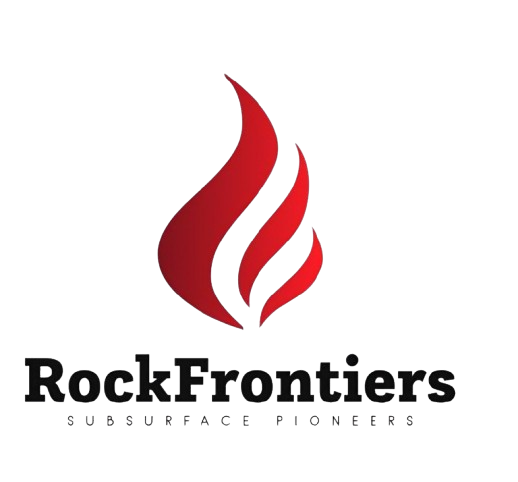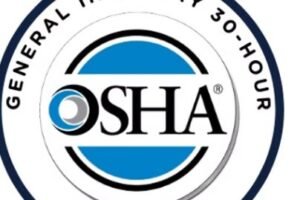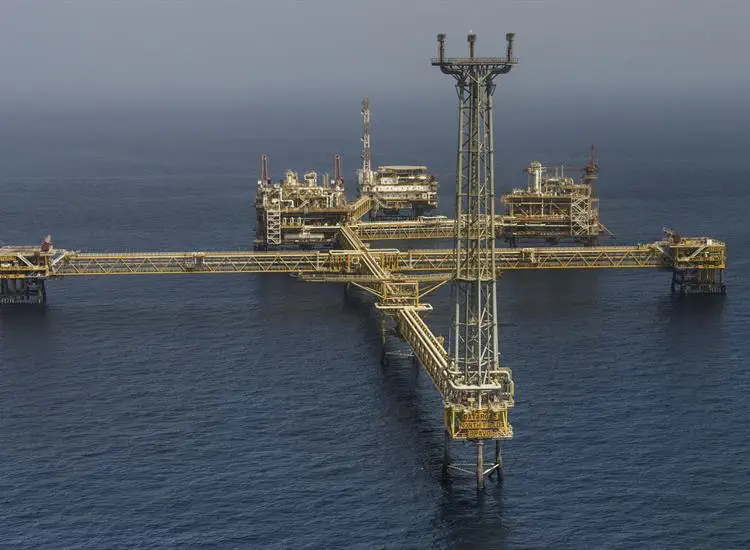Drilling Engineering Fundamentals
Course Overview: This course provides an essential understanding of drilling engineering concepts, drilling systems, wellbore mechanics, and planning techniques. It focuses on the principles and practices that drive safe and efficient wellbore creation. 📅 Day 1: Introduction to Drilling Engineering …
Overview
Course Overview:
This course provides an essential understanding of drilling engineering concepts, drilling systems, wellbore mechanics, and planning techniques. It focuses on the principles and practices that drive safe and efficient wellbore creation.
📅 Day 1: Introduction to Drilling Engineering
-
09:00–09:45 – Overview of drilling engineering
-
09:45–10:30 – Drilling system components: rig, drill bit, BHA
-
10:30–10:45 – ☕ Coffee Break
-
10:45–11:30 – Drilling fluids: types, properties, and functions
-
11:30–12:15 – Wellbore stability and mechanics
-
12:15–13:15 – 🍽️ Lunch Break
-
13:15–14:00 – Well planning: objectives and constraints
-
14:00–14:45 – Group discussion: well design parameters
-
14:45–15:00 – Recap and Q&A
📅 Day 2: Drilling Rig and Equipment
-
09:00–09:45 – Drilling rig types and configurations
-
09:45–10:30 – Drilling equipment: top drive, mud pumps, rotary table
-
10:30–10:45 – ☕ Coffee Break
-
10:45–11:30 – Well control equipment: blowout preventers (BOP)
-
11:30–12:15 – Rig operations: tripping, running casing, and cementing
-
12:15–13:15 – 🍽️ Lunch Break
-
13:15–14:00 – Rig safety and operational efficiency
-
14:00–14:45 – Hands-on: equipment selection for a well plan
-
14:45–15:00 – Recap and Q&A
📅 Day 3: Drilling Fluids and Wellbore Stability
-
09:00–09:45 – Properties of drilling fluids: viscosity, density, rheology
-
09:45–10:30 – Fluid loss control and filtration
-
10:30–10:45 – ☕ Coffee Break
-
10:45–11:30 – Wellbore stability issues: shale and collapse risks
-
11:30–12:15 – Drilling fluid functions in wellbore stability
-
12:15–13:15 – 🍽️ Lunch Break
-
13:15–14:00 – Fluid design for specific geological conditions
-
14:00–14:45 – Case study: fluid selection for a high-pressure well
-
14:45–15:00 – Recap and Q&A
📅 Day 4: Drilling Performance and Optimization
-
09:00–09:45 – ROP (Rate of Penetration) analysis and optimization
-
09:45–10:30 – Bit selection and performance monitoring
-
10:30–10:45 – ☕ Coffee Break
-
10:45–11:30 – Torque and drag: causes and mitigation
-
11:30–12:15 – Bit wear and failure analysis
-
12:15–13:15 – 🍽️ Lunch Break
-
13:15–14:00 – Performance optimization tools: telemetry, data analysis
-
14:00–14:45 – Hands-on: optimizing ROP for a given formation
-
14:45–15:00 – Recap and Q&A
📅 Day 5: Drilling Safety and Environmental Considerations
-
09:00–09:45 – Safety management in drilling operations
-
09:45–10:30 – Drilling hazards and risk assessment
-
10:30–10:45 – ☕ Coffee Break
-
10:45–11:30 – Well control: blowouts and kick detection
-
11:30–12:15 – Environmental impact: spills, waste management
-
12:15–13:15 – 🍽️ Lunch Break
-
13:15–14:00 – Drilling waste disposal and fluid recycling
-
14:00–14:45 – Group activity: developing a safety and environmental plan
-
14:45–15:00 – Recap and course wrap-up
Target audiences
- Reservoir Engineers, Geologists
You May Like
📘 Underbalanced Drilling (UBD) Techniques and Safety
🎯 Course Description: This intensive 5-day program focuses on Underbalanced Drilling (UBD) – an advanced technique used to drill wells where the hydrostatic pressure of the fluid is intentionally kept below formation pressure. Participants will learn how to implement UBD …
📘 IOSH Managing Safely
🎯 Course Description: A practical, 5-day program designed to help managers and supervisors learn how to manage safety and environmental responsibilities in their teams. Emphasis is placed on identifying risks, measuring performance, and leading safely using internationally recognized good practices. …
📘 IWCF Level 3 Well Control (Surface BOP)
🎯 Course Description: This is an intensive course aimed at drilling / well service personnel needing to gain supervisory competence in well control using surface blow‑out preventers (BOP) under the IWCF standard. It covers theory, hands‑on practice, and assessments for …
Advanced Specialist Petroleum GeoMechanics
📘 Course Description: This elite-level course is tailored for petroleum geomechanics specialists and senior subsurface professionals engaged in complex field development projects. It provides a deep technical dive into stress modeling, anisotropic rock behavior, coupled geomechanical-reservoir simulation, fault/fracture mechanics, and …
📘 OSHA 30‑Hour General Industry Safety and Health
🎯 Course Description: This 5‑day course provides in‐depth knowledge of workplace safety and health in general industry sectors. It covers OSHA regulations, hazard recognition, safety programs, and industry best practices. Participants will gain the expertise needed to maintain a safe …






